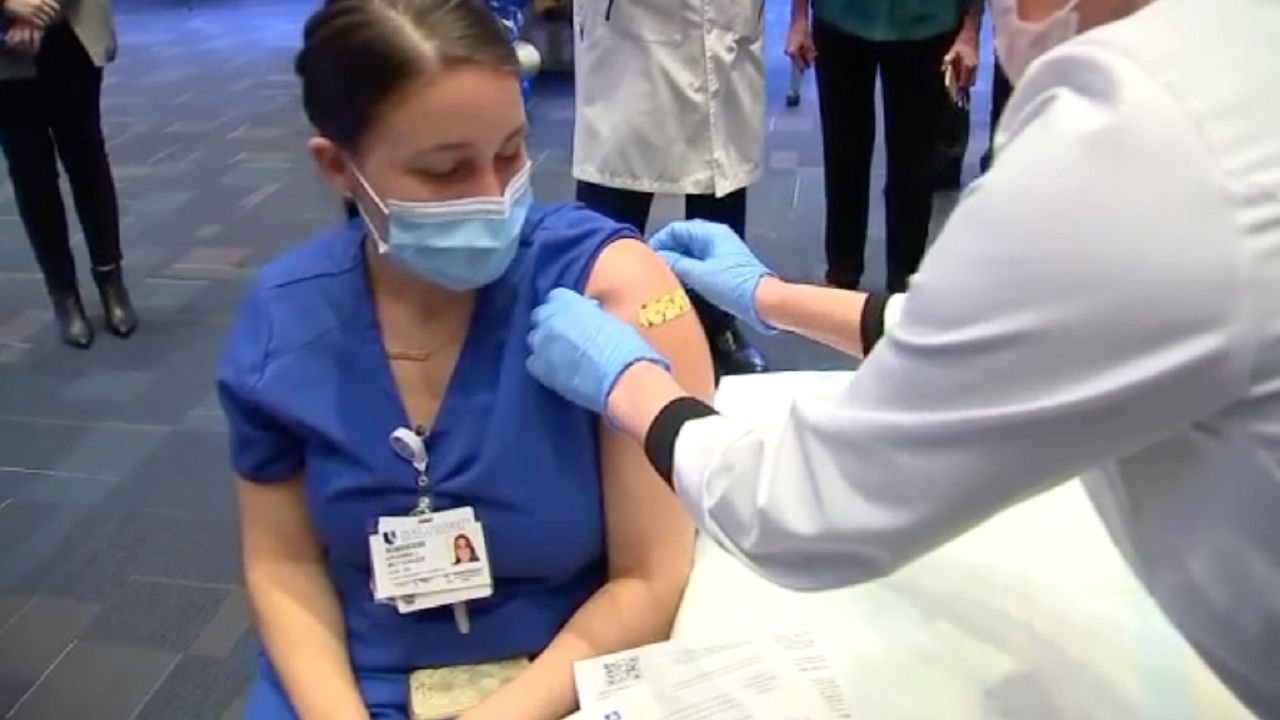The president of the Gathering of Lebanese Executives and Chief Executives in the World (RDCL World) Fouad Zmokhol called yesterday, during a video conference with the Regional Director of the World Bank (WB) for the Middle East, Saroj Kumar Jha, the World Bank and the International Monetary Fund to the creation of an “emergency working group”.
The objective of this ad hoc body would be to put in place a new “complete restructuring plan” for Lebanon, as it sinks into a “destructive” economic and financial slump, said the entrepreneur, who accused “invisible hands” of wanting to destroy the country’s economy. He further asked the World Bank to help the private sector to develop “a clear future vision for the Lebanese economy” in order to consolidate objective and realistic strategies “to face 2021”. He finally called for “all international aid to go directly to the hands of individuals and targeted companies, without going through the State on pain of disappearing”, alluding to possible diversions of humanitarian aid paid in the wake of the deadly double explosion that ravaged Beirut and its port on August 4.
For his part, Saroj Kumar Jha gave an overview of the current support program in Lebanon, insisting on “aid to poverty, the import of the vaccine against Covid-19 and the reconstruction of the port of Beirut », Devastated by a double explosion last summer. The director also reiterated the international wish to see the implementation of the reforms submitted to the Lebanese authorities for technical assistance from the World Bank, in particular via the action plan, in coordination with the European Union and the United Nations, entitled “3RF – reform, recovery, reconstruction ”launched at the beginning of the month, with the aim of facing“ the crises and the economic and financial challenges which dominate the country ”.
Fearing that the poverty rate in Lebanon could reach 60%, Saroj Kumar Jha informed that an “emergency social safety net for the poorest families” was under discussion, while a report by Escwa (the United Nations Economic and Social Commission for Western Asia) dating from last August had already established that between 2019 and 2020 the rate of extreme poverty had fallen from 8 to 23% and that more than 55% of Lebanese population now lived in poverty.
The local RDCL favors the rationalization of subsidies
The Gathering of Lebanese Executives and CEOs (RDCL, a separate entity from RDCL World), chaired by Fouad Rahmé, discussed yesterday the rationalization plan presented by outgoing Minister of Economy and Trade Raoul Nehmé, concerning subsidies on imports of strategic and essential products by the Banque du Liban (BDL). In particular, the minister proposed to replace product subsidies with direct financing to the Lebanese.A substantial rationalization of the subsidy mechanisms on certain imports, put in place by the Central Bank since October 2019, seems inevitable, while talks on this subject between the BDL and the government have been going well for several weeks. In an attempt to cushion the shock of the country’s economic and financial crisis, resulting in an abysmal depreciation of the national currency and galloping consumer price inflation, the BDL had set up these mechanisms in October 2019. To do this, it had taken several hundred million dollars a month, causing a drastic reduction in its reserves, which were already at a critical level at the dawn of the crisis. This situation forced the financial institution to announce at the end of last summer the upcoming end of subsidies and the need to find them an alternative.
–
The president of the Gathering of Lebanese Executives and Chief Executives in the World (RDCL World) Fouad Zmokhol called yesterday, during a video conference with the Regional Director of the World Bank (WB) for the Middle East, Saroj Kumar Jha, the World Bank and the International Monetary Fund to the creation of an “emergency working group”. The objective of this …


